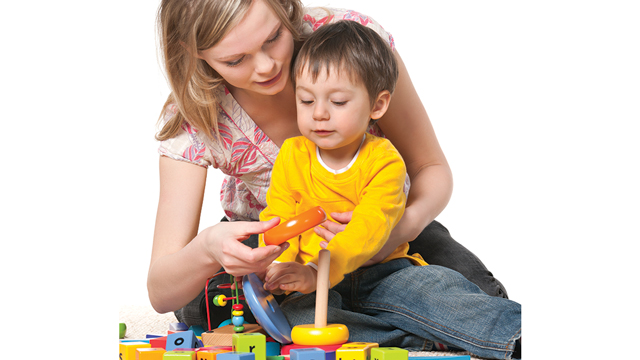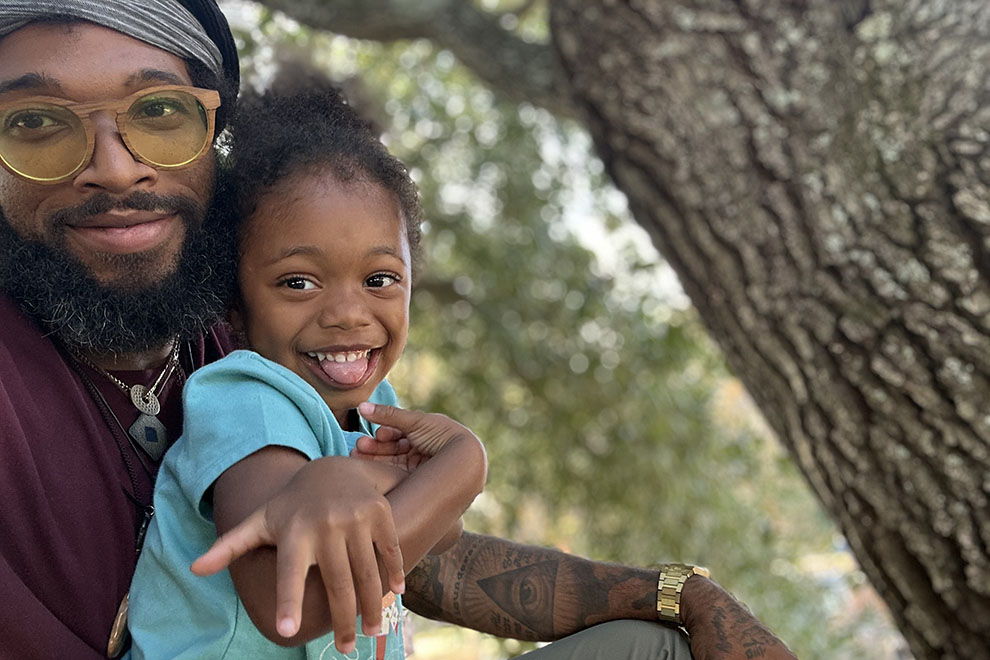 My twins will turn five at the end of this month. They are currently signed up for kindergarten in September, but I am concerned that my little boy is not ready. My daughter seems more prepared, but I still have reservations. I have talked to so many people about this, and of course, everyone has an opinion. What is yours?
My twins will turn five at the end of this month. They are currently signed up for kindergarten in September, but I am concerned that my little boy is not ready. My daughter seems more prepared, but I still have reservations. I have talked to so many people about this, and of course, everyone has an opinion. What is yours?
 I sympathize with you, in that everyone seems to be happy to give parenting advice. Often, that advice is contradictory, and just adds to the confusion. Let’s see if we can sort some things out.
I sympathize with you, in that everyone seems to be happy to give parenting advice. Often, that advice is contradictory, and just adds to the confusion. Let’s see if we can sort some things out.
First, I suspect you, and perhaps others, are concerned about separating your twins for school. While they are twins, they are still different people, and for me to treat them as one unit would be misguided. Our job as parents is to observe and evaluate what each of our children needs as distinct individuals, and then, set them up for success by helping them move forward developmentally.
For your son, that may be what we call “the gift of another year.” Over all, boys experience school-readiness later than girls. As I’m sure you’re aware, your twins’ late-summer birthdays will mean they are young for their grade, particularly in view of the fact that there is a trend to send children to kindergarten later, or based on their development, rather than on their age. This phenomenon is seen in the creation and popularity of junior-K or pre-K classes, which most nursery schools and early childcare centers now offer. These classes often contain a disproportionate number of boys. So, on this point, if you are concerned about separating your twins, I would encourage you to see it as a viable option. In addition to doing what is right for them academically, it may give them a chance to develop more autonomy, which might be a significant secondary gain.
Next, let’s look at what we mean when we talk about kindergarten readiness. There are three areas of readiness that need to be assessed. These include cognitive, emotional, and physical growth. We have room here to take a brief look at all three, enough to give you a sense of where your children – and in particular, your son – are in development.
Physical Readiness
Is your child completely toilet trained? Can he control his body long enough to sit for short stories or other organized activities? This means a good ten to fifteen minutes or more, without an inordinate amount of fidgeting. Kindergarten classes require children to sit, focus, and stay on-task for longer periods than ever before. This can put boys, who are typically more inclined than girls to want to move around, at a disadvantage. In addition, can he hold a pencil correctly, and have reasonable success with activities such as connect the dots?
Can he cut with scissors? How is he at tracing shapes?
Emotional Readiness
Does your son have reasonable self-control? Can he wait his turn, use his words to get what he needs, and delay gratification, or does he have temper tantrums when he is frustrated? How are his social skills? Can he share with others? Does he know how to make and keep a friend? Can your son follow directions, and respect a few simple rules? Does he recognize and respect authority?
Cognitive Readiness
In addition to the above, most programs would expect children entering kindergarten to recognize rhyming sounds such as ball and doll, know their letters, be able to spell their names, and know their numbers. Children should understand the relationship between cause and effect. Can your son look at a picture, and then tell a short story?
If you would like a more detailed list of readiness skills, this information can be found online. Most nursery schools have them as well.
For me, the emotional piece of kindergarten readiness carries more weight than the other two. Given that your child has basic native intelligence, the rest will follow this area of development.
As a parent, you still have time this summer to work on the skills outlined above. This involves some one-on-one time each day reading, cutting with scissors, working puzzles, and more. You also might want to take your kids to some of the story times at libraries, museums, and bookstores around Richmond.
For now, you may want to reserve a space in a good pre-K program for the next school year. This takes the pressure off, and you can decide as you get closer to the first day of the school year which school your children will attend. This flexibility and peace of mind will allow you to make the right choice for both of your children. I think this is worth the risk of losing a deposit with a local preschool, should you decide to send your kids to kindergarten after all.





